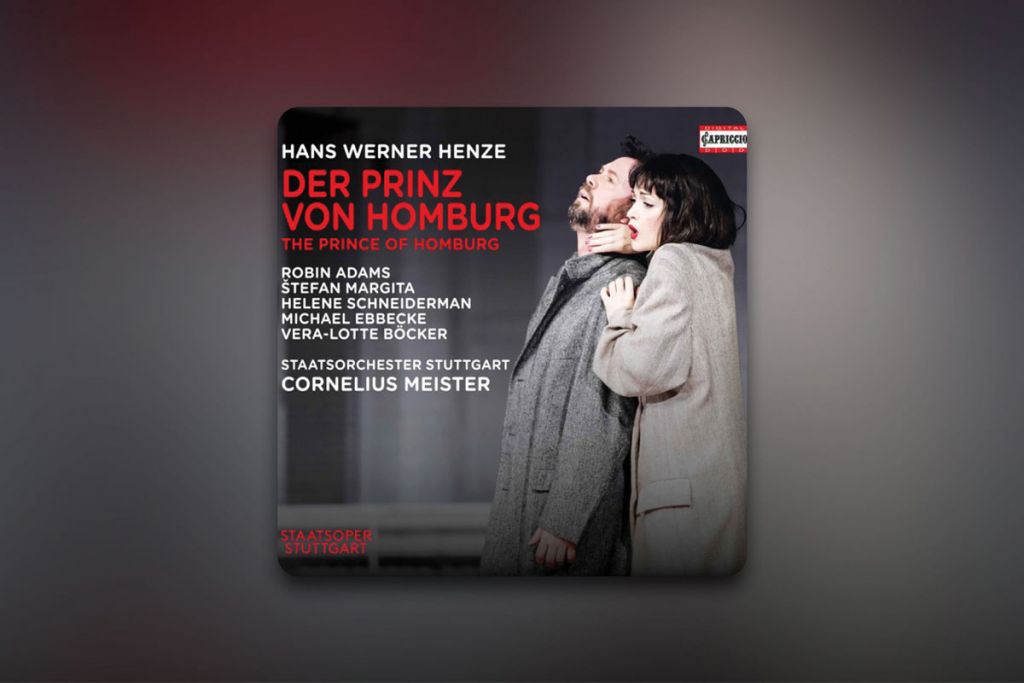A lot has been written about why and how Heinrich von Kleist’s 1810 play The Prince of Homburg appealed to the post-war pacifism of Hans Werner Henze. The original is part far-sighted dream-play, part Enlightenment treatise on the fine lines between loyalty, honour, freedom of will and obedience to authority. When the Prince ignores a specific battle order to await instructions and instead attacks and wins the day, his father the Elector has him arrested and condemned to death for insubordination. The play deals with the two men’s coming to terms with the rights and wrongs of the situation with the Prince finally forgiven, but not before he has accepted his death sentence. That the Prince was distracted at the time the fatal order was issued by a ‘dream’ of his beloved Princess Natalie is what lends the story a proto-Symbolist slant – is the whole thing, perhaps, a fantasy?











Comments
Log in to join the conversation.